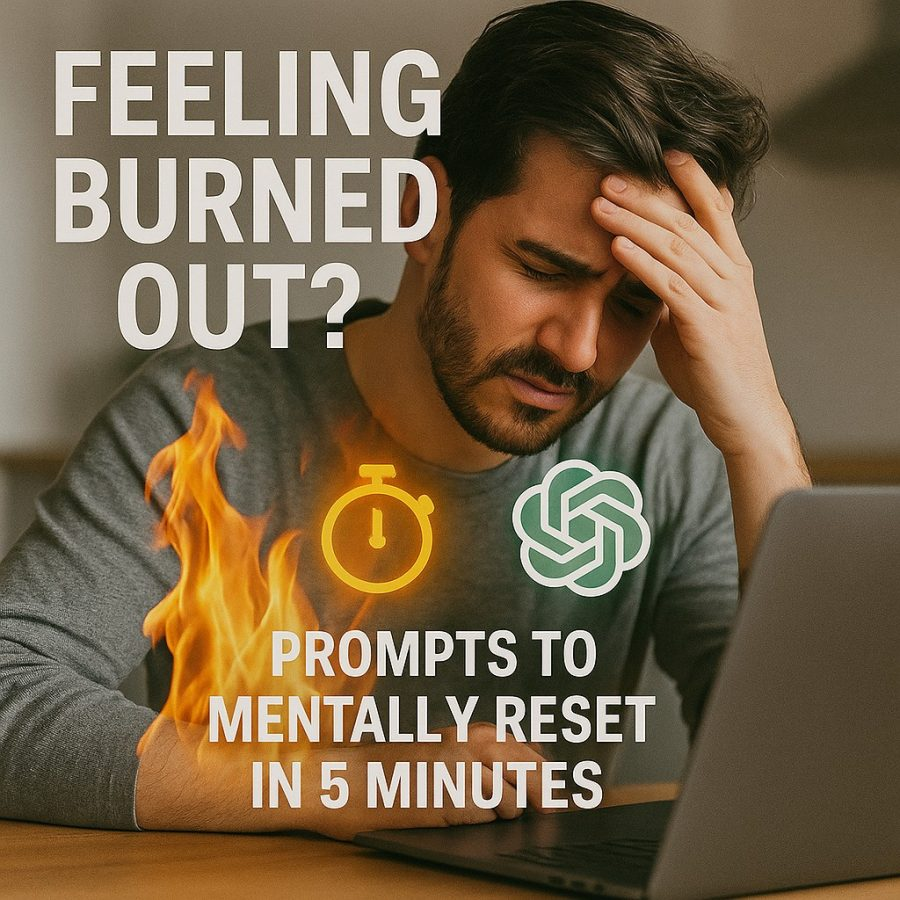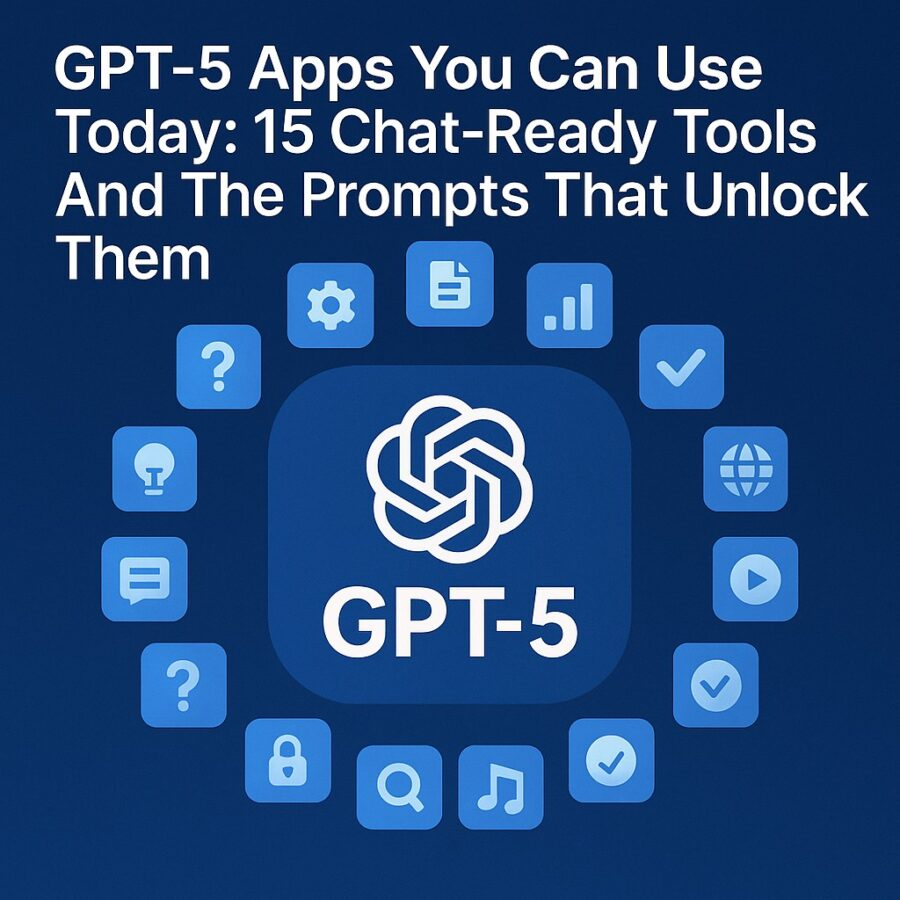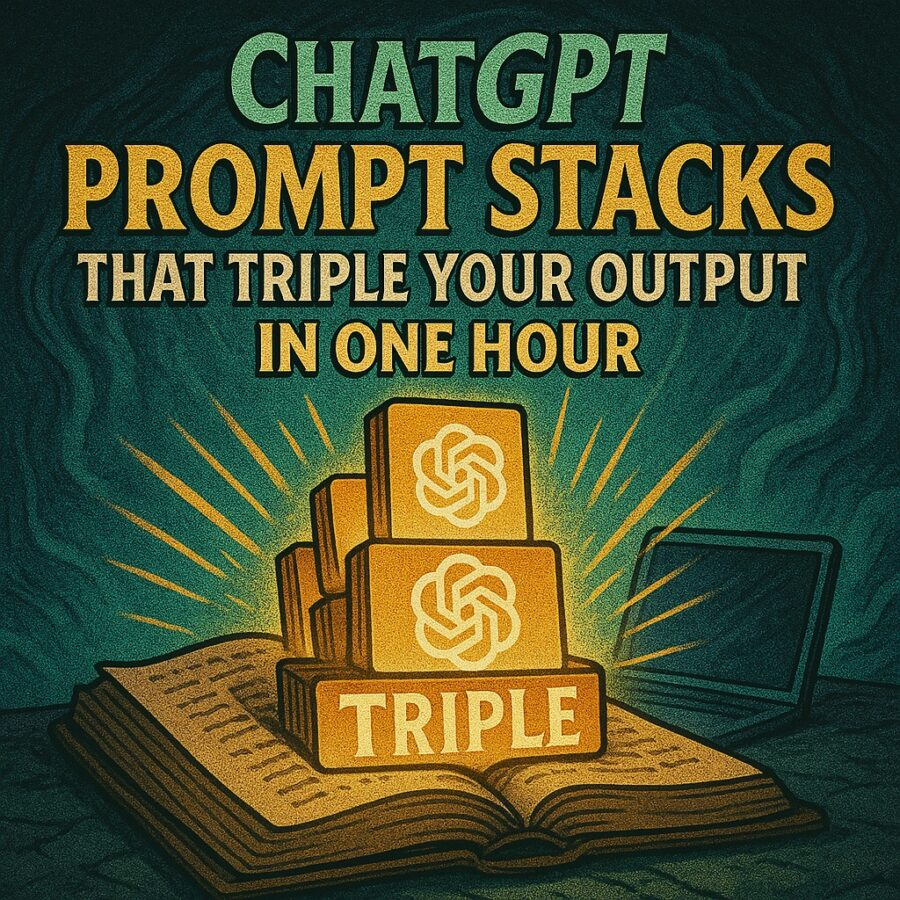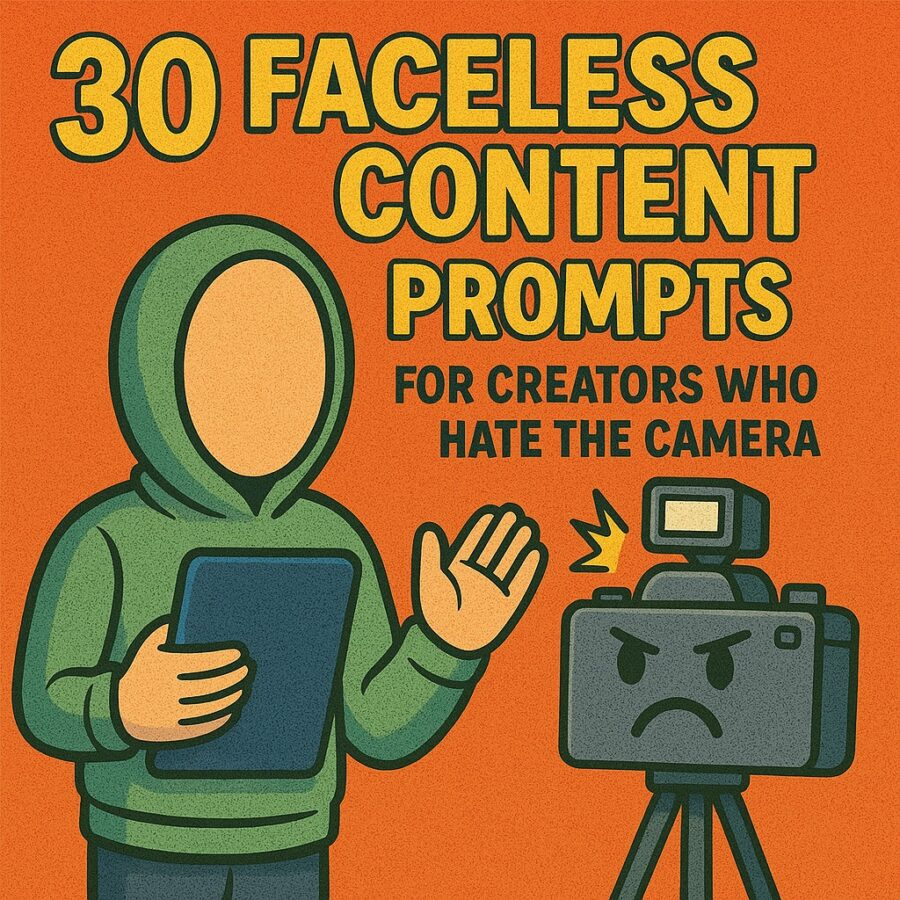Views: 1
Burnout does not announce itself politely. It sneaks up when you are juggling too much, grinding through endless tasks, and telling yourself that one more coffee will get you through. Before you know it, your brain feels fried, your patience is gone, and even the idea of replying to one more email feels like climbing Everest.
The good news is you do not need a full week off at a spa to bounce back. You can use prompts to mentally reset in 5 minutes and regain clarity fast. With the right words fed into ChatGPT, you can unload your mental clutter, calm your nervous system, and reframe your stress in less time than it takes to scroll aimlessly on your phone.
Think of it as a mental reset button. You would not keep running your computer for months without rebooting, so why keep pushing your mind without quick resets? These prompts are designed to give you exactly that—a five-minute mental recharge that helps you feel more balanced and capable of handling whatever is next.
Why Burnout Hits Harder Than You Expect
Burnout is more than just being tired. It is a mix of emotional exhaustion, mental fog, and the creeping sense that your motivation has been stolen. Modern life demands more energy than most of us can reasonably supply, and when you constantly push without breaks, your brain hits its limits.
What makes it worse is that many people try to power through. You tell yourself you will rest later, but later rarely comes. That is why these prompts to mentally reset in 5 minutes are powerful—they give you permission to pause without needing a long escape.
The Science of a Quick Reset
Your brain operates on cycles of focus and recovery. When you overload it, you hit diminishing returns. A five-minute reset is like a pit stop for your mind. It does not solve every problem, but it refuels enough to get you moving again.
ChatGPT makes this easier because you do not have to come up with the reset yourself. By typing the right prompt, you can get guided exercises, motivational reframes, or structured reflections instantly. It is like having a coach whispering, “Relax, breathe, and here is your game plan.”
Prompts for Stress Relief in 5 Minutes
When stress spikes, your body floods with cortisol and your brain narrows its focus. These prompts help widen perspective and calm your system.
Prompt: “Guide me through a quick 5-minute breathing exercise that helps reduce stress and reset my mind.”
Prompt: “Write a calming script I can read to myself that reminds me to slow down, breathe, and let go of tension.”
Prompt: “Give me three positive affirmations to repeat that help me release stress and feel grounded again.”
Sometimes the reset is not about fixing everything, it is about giving your nervous system a chance to breathe.
Prompts to Clear Mental Clutter
One major symptom of burnout is feeling like your mind is a messy desk stacked with papers. ChatGPT can act like a mental organizer.
Prompt: “Help me brain-dump all the tasks on my mind into a structured list I can sort later.”
Prompt: “Turn my scattered thoughts into a to-do list with categories of urgent, important, and can-wait.”
Prompt: “Rewrite my messy notes into a clear summary with action steps and deadlines.”
The moment you take clutter out of your head and put it into structure, you free up brainpower to think clearly.
Prompts for Mindset Shifts
Burnout thrives on negative self-talk. You convince yourself you are not doing enough, that you are behind, or that you are failing. Resetting your mindset with prompts flips the script.
Prompt: “Write me a short pep talk reminding me that progress matters more than perfection.”
Prompt: “Create three reframes for my thought ‘I am overwhelmed’ that help me feel empowered instead of stressed.”
Prompt: “Draft a motivational message from my future self thanking me for taking care of my mental health today.”
In just a few lines, you shift from spiraling to grounded.
Prompts for Reconnecting with Purpose
When burnout hits, you often forget why you started in the first place. A quick reset can reconnect you with meaning.
Prompt: “Remind me in three sentences why my current work matters in the bigger picture of my life goals.”
Prompt: “Help me list five things I have already accomplished this week that I should celebrate.”
Prompt: “Write a gratitude reflection focused on small things I might be overlooking right now.”
Purpose is fuel. These prompts refill the tank when you are running on empty.
Prompts for Quick Energy Boosts
Sometimes a mental reset requires a small injection of energy, not a nap. ChatGPT can generate quick hacks to recharge you.
Prompt: “List five energizing micro-break activities I can do at my desk in under 5 minutes.”
Prompt: “Give me a 5-minute movement routine I can do without leaving my chair.”
Prompt: “Suggest a playlist of songs that lift energy fast for a quick mental reset.”
Even short bursts of movement or music can flip the switch from drained to alert.
Prompts for Reflection and Reset
Reflection helps you reset by giving context to your stress. It is like stepping back from a painting and realizing the brushstrokes make sense after all.
Prompt: “Write me three reflective questions I can answer right now that help me see my stress in perspective.”
Prompt: “Create a 5-minute journaling exercise to unpack what is making me feel burned out.”
Prompt: “Summarize the top lesson I can learn from today’s stress so I carry forward wisdom, not just exhaustion.”
Burnout feels endless when you are in it. Reflection proves it is temporary and teachable.
Prompts for Creating Boundaries
A quick reset can also be about setting boundaries that protect your energy moving forward.
Prompt: “Write a polite script I can use to say no to new tasks without guilt.”
Prompt: “Help me create a simple boundary plan for today that keeps me from overcommitting.”
Prompt: “Give me three ways to delegate or delay tasks that do not require my immediate attention.”
Boundaries are the insurance policy that keeps burnout from recurring tomorrow.
Building a 5-Minute Reset Routine
The best way to fight burnout is to make resets a habit, not an emergency measure. With prompts, you can create a repeatable system.
Prompt: “Design a daily 5-minute reset routine I can use during lunch to recharge.”
Prompt: “Write a checklist of quick resets I can rotate through depending on whether I feel tired, overwhelmed, or distracted.”
Prompt: “Build me a reset ritual to use at the end of the workday so I transition into my evening calmly.”
Consistency prevents burnout from boiling over in the first place.
Why Prompts Work for Mental Resets
- Speed: They give immediate relief without hours of effort.
- Structure: They provide clear steps when your brain feels foggy.
- Perspective: They shift your mindset from overwhelm to clarity.
- Flexibility: They adapt to your exact situation.
- Sustainability: They help you form small habits that prevent future burnout.
The combination of these benefits is what makes prompts to mentally reset in 5 minutes so powerful.
From Burned Out to Balanced
Burnout will always be part of modern life, but it does not have to control you. With the right prompts, you can reset in five minutes and carry on with more calm and clarity.
The next time you feel drained, remember this: you do not need a grand solution. You need a small reset. By giving your brain five minutes and a little guidance from ChatGPT, you can step back into the day refreshed instead of overwhelmed.
That is the magic of a quick reset. It proves that balance is not about escaping everything, it is about creating moments of recovery wherever you are.






